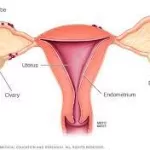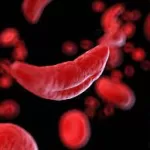July 22, 2024 – Experts have identified vector control, hygiene, and public awareness as crucial measures in combating the Chandipura virus and Acute Encephalitis Syndrome (AES) cases in Gujarat, Rajasthan, and Madhya Pradesh.
In Gujarat, the emergence of Chandipura virus symptoms in children has caused alarm. A comprehensive review was conducted by Professor Atul Goel, Directorate General of Health Services (DGHS), Union Health Ministry, and Director of National Centre for Disease Control (NCDC), along with experts from All India Institute of Medical Sciences (AIIMS), Kalawati Saran Children’s Hospital, and National Institute of Mental Health & Neurosciences (NIMHANS).
The Ministry of Health reported that infectious agents contribute to only a small proportion of AES cases nationwide. The experts stressed the necessity for detailed epidemiological, environmental, and entomological studies of AES cases in Gujarat.
“A multidisciplinary central team from NCDC, Indian Council of Medical Research, and Department of Animal Husbandry & Dairying (DAHD) is being deployed to assist Gujarat with these investigations,” stated the Ministry.
Chandipura Virus (CHPV), a member of the Rhabdoviridae family, is known for causing sporadic cases and outbreaks in western, central, and southern India, especially during the monsoon season. Transmitted by vectors such as sand flies and ticks, the disease primarily affects children under 15 years old, presenting as a febrile illness that can sometimes be fatal.
AES encompasses a group of clinically similar neurological manifestations caused by various viruses, bacteria, fungi, parasites, spirochetes, and chemicals/toxins. Known viral causes of AES include Japanese Encephalitis (JE), Dengue, Herpes Simplex Virus (HSV), Chandipura Virus (CHPV), West Nile Virus, among others.
The review highlights the importance of a multifaceted approach, combining vector control measures, enhanced hygiene practices, and increased public awareness to effectively manage and control the spread of Chandipura virus and AES.
In response to the current situation, the central team aims to provide on-ground support and conduct thorough investigations to better understand and mitigate the spread of these diseases, ensuring the health and safety of the affected regions.











